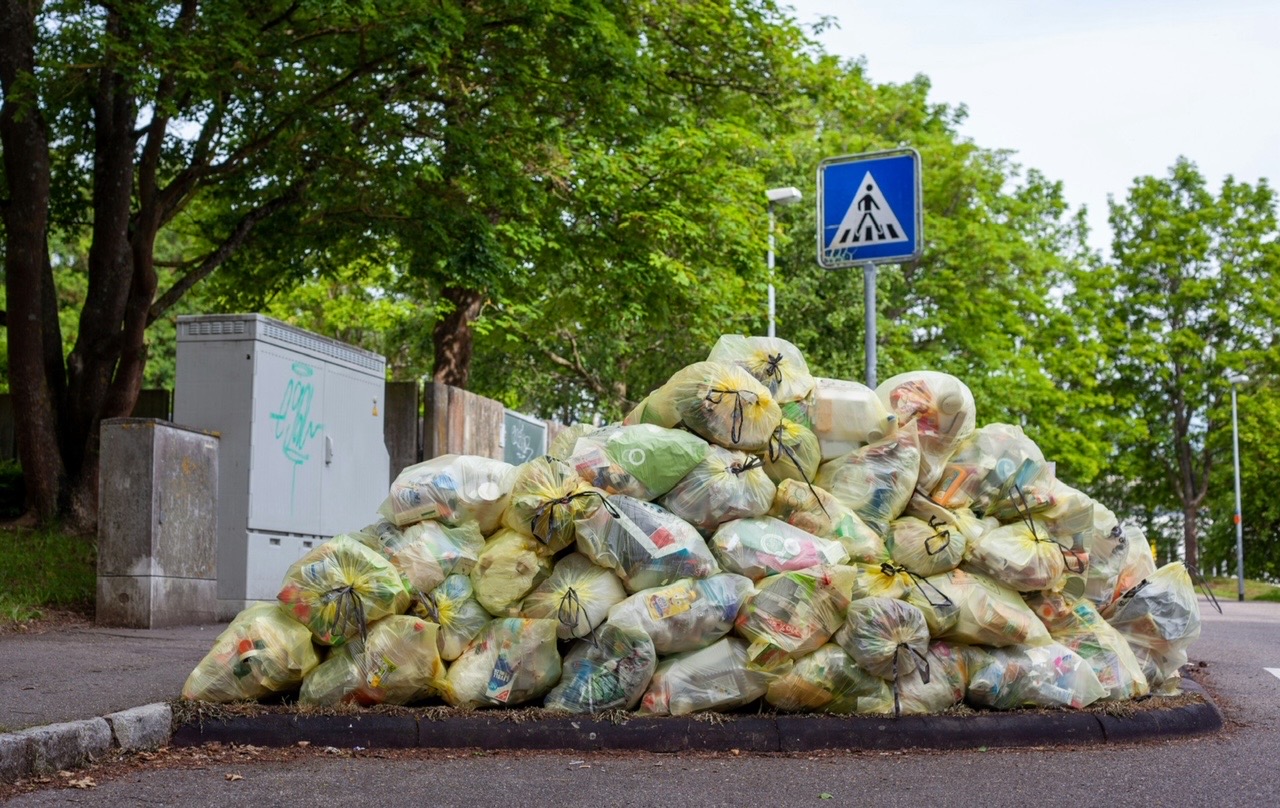According to the UN Environment Programme, over 1 billion tons of food is wasted annually worldwide, which represents19% of the food produced globally. This is a colossal figure, and it doesn’t even include the losses that occur during the production and transportation of food (an additional 13%). According to the World Bank, food waste ranks first among solid municipal waste.
Food discarded by households, food service establishments, and retail trade decomposes and accounts for up to 10% of greenhouse gas emissions globally. This is five times as much asemissions from aviation transport. The UN aims to achieve a 50% reduction in global food waste by 2030, which should make a significant contribution to the fight against global warming.
Unsurprisingly, Sibur claims that Polymer packaging is one way to reduce food waste. This kind of packaging preserves food, hence extends its shelf life. Its barrier properties – preventingwater and air from passing through – light weight, flexibility, and low cost distinguish it from other types of packaging. Polymer packaging is indispensable for many applications, such as the storage of frozen products and ready-to-eat food in portioned packaging, which helps reduce food waste.
According to UN estimates, Russia, where around 3 million tons of polymers are used annually for packaging production, has one of the lowest levels of food waste in Europe: less than 60 kg per capita per year.
One could argue that polymer packaging itself is a source of pollution. However, firstly, the total amount of plastic waste is one-third the amount of food waste. Secondly, the problem of plastic waste is gradually being addressed as companies collect and recycle used polymer packaging and incorporate it into the production of new products.
Public’s sustainability concerns are pushing polymer producers to invest in projects that collect and recycle used plastic bottles and polymer packaging. Sibur, for example, is building a network of partner-companies whose job is to collect and crush the collected waste into small flakes, which SIBUR then mixes with primary polymer raw materials for production.
The company has developed a whole range of polymers for various purposes under the Vivilen brand, which contain up to 70% recycled plastic – for example, rPET granules for producing eco-friendly plastic bottles with 30% recycled content. To produce these granules, SIBUR uses up to 34,000 tons of recycled plastic per year, which helps to avoid the disposal of up to 1.7 billion plastic bottles annually.
Multilayered packaging and contaminated packaging are more difficult to recycle. To overcome this difficulty, SIBUR sees promise in chemical recycling (thermolysis) – a technology thatuses high temperature and pressure to convert packaging waste into liquid raw materials for the production of new polymer products. The company plans to make an investment decision on a thermolysis pilot project this year.
But it all helps that private companies’ initiatives are also encouraged or even regulated by the government policies. In 2022, the Russia approved its Circular Economy programme, which aims to ensure that 100% of solid municipal waste is sorted by 2030 and that 50% of that waste is recycled into secondary raw materials that can then be used in the production of new products.
The world as a whole is moving towards recycling polymer waste. According to Inger Andersen, Executive Director of the UN Environment Programme, a forthcoming global plasticsagreement may ban “unnecessary single-use and short-lived plastic products” that often are buried, burned or dumped.
At the same time, the UN does not intend to completely abandon polymers, as they “have many applications that help the world”. It is important for polymers to become part of a closed-loop production cycle to the same extent as steel and aluminium. About 30% of the annual production of these metals comes from recycling their scrap. A similar result is achievable with polymers.






















